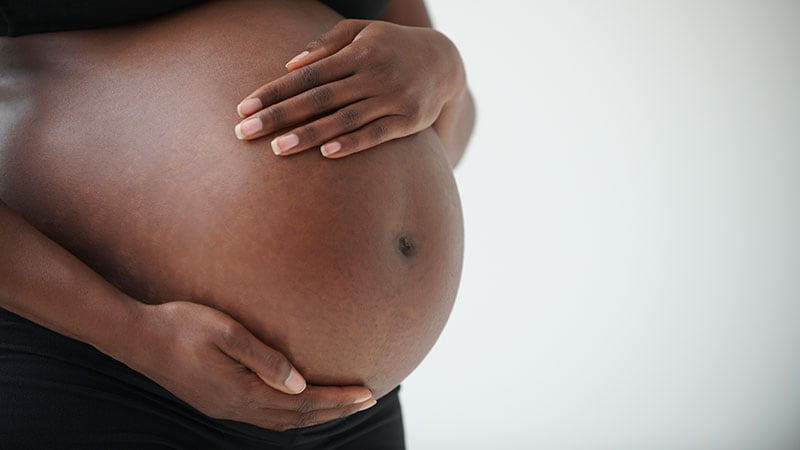Takeaway
- This meta-analysis suggests that bariatric surgery is associated with a significant reduction in back pain in obese patients.
Why this matters
- Findings warrant further studies to determine the pathophysiologic mechanisms of development of back pain in obese patients and its improvement after bariatric surgery.
Study design
- 7 studies (n=246, mean age: 42.3 years, mean follow-up: 11.7 months) met eligibility criteria after a search across electronic databases.
- Primary outcome: visual analogue score for back pain pre- and post-bariatric surgery.
- Secondary outcomes: change in body mass index (BMI), Short-Form 36 (SF-36) scores for quality of life, and Oswestry Disability Index (ODI) scores.
- Funding: None disclosed.
Key results
- Bariatric surgery demonstrated a statistically significant reduction in visual analogue score for back pain (mean difference [MD], −3.01; 95% CI, −4.19 to −1.89; P<.001; I2=83%).
- Bariatric surgery was associated with statistically significant improvements in:
- BMI (MD, −12.23; 95% CI, −14.07 to −10.39; I2=55%;
- SF-36 (MD, 26.46; 95% CI, 12.88 to 40.04; I2=91%); and
- ODI (MD, −9.54; 95% CI, −15.41 to −3.67; I2=63%) scores.
Limitations
- Heterogeneity among studies.
- Small sample size.
Stefanova I, Currie AC, Newton RC, Albon L, Slater G, Hawkins W, Pring C. A Meta-analysis of the Impact of Bariatric Surgery on Back Pain. Obes Surg. 2020 May 22 [Epub ahead of print]. doi: 10.1007/s11695-020-04713-y. PMID: 32440778. View abstract
This clinical summary first appeared on Univadis, part of the Medscape Professional Network.


